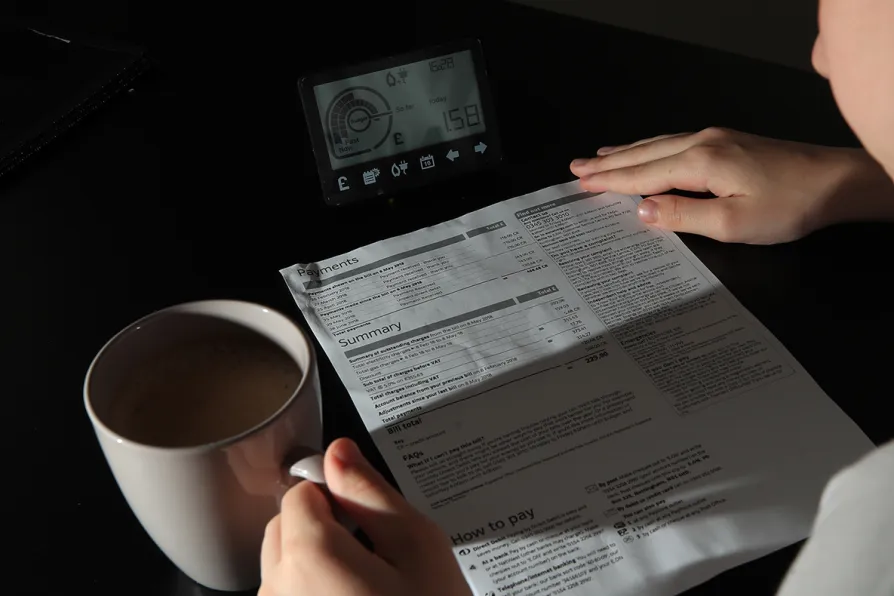Poorest adults could be forced to spend more than half their incomes on housing and energy bills

 A smart meter next to an energy bill
A smart meter next to an energy bill
THE poorest adults could be forced to spend more than half of their income after housing on rising energy bills that could devastate the poorest families, analysis suggests.
Low-income families could spend, on average, 18 per cent of their income after housing costs on energy bills after April, according to analysis from the Joseph Rowntree Foundation (JRF).
This rises to 54 per cent for single-adult households, and about a quarter for single parents and couples without children, assuming that the energy price cap will rise by just under 50 per cent from April.
Similar stories














